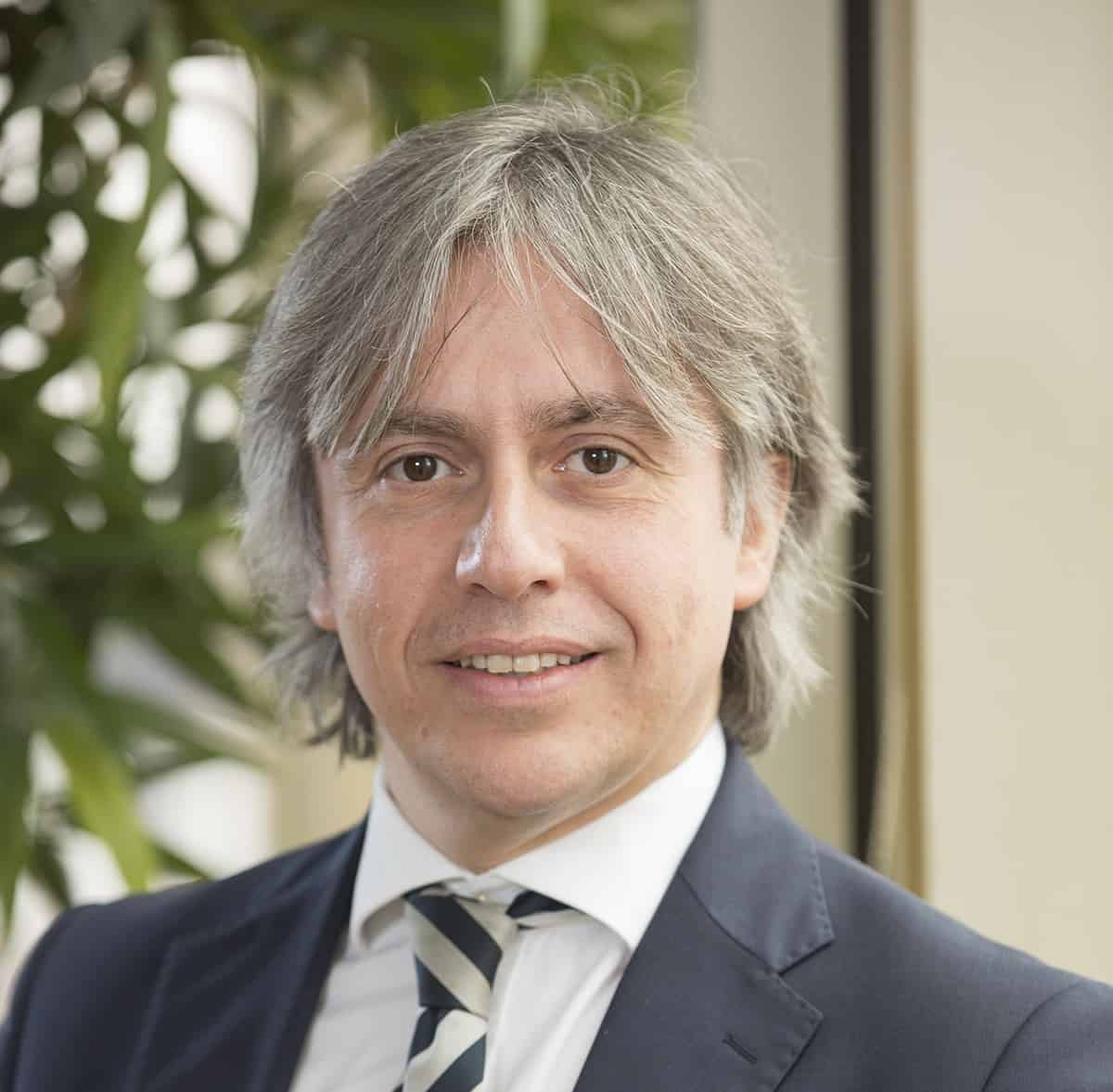Paolo Rubano, Finance Transformation director at Italian insurance giant Generali Assicurazioni after a decade at France’s Axa, discusses the need for major multinationals to be more agile, more digital and more customer-centric.

Global Finance: Why does such a successful company need to transform itself?
Paolo Rubano: The standard organization follows a pyramid model, which is 200 years old. People have changed—they are more skilled, more cultured—so we need to acknowledge that. The first goal is to reduce layers of hierarchy to create a lean and collaborative organization. Changing the culture is the key driver.
An example: years ago I had to choose my successor in my group. The HR expert told me to select a top-level executive from a consulting firm. The reason was simple: If he failed, it would be his fault. Nevertheless, I decided to promote my top subordinate—and his team was the best-performing team of the company for next two years. The courage to innovate paid off.
GF: What are some of the key challenges for business?
Rubano: Our challenge [as an insurer] is to move from the selling of products to services. Take climate change. An insurance company will try to predict which area will be subject to floods in the future and can offer a discount if the customer makes modifications to protect his property. At Vitality, a European partnership, we reward customers who make changes in their lifestyle: eat healthier, exercise more and the average life expectancy of our customers noticeably improved. This different approach benefits the health system and the insurance company, yes, but most of all it benefits the customer. That is where the focus must be. Twenty-five years ago, my mentor explained to me how he survived multiple crises: He always stayed close to his customers.
GF: What are the main sources of resistance to change?
Rubano: The ego is the strongest issue. I remember an executive responsible for accounting procurement all over the world. He accused me of stealing his invoices! People need to exit from their comfort zone. We need to look for opportunities that we don’t see right now. I often refer to my job as psychological support. I help design clear road maps so that people will understand the transformation they are experiencing. And I always have a clear objective to transform without leaving one single person out. To be inclusive and to reskill people should be part of the company culture. The acceptance of change is not, by the way, a matter of age, but of culture—and I have found huge differences around the world. In Asia, for example, people are ready to change immediately. It is in their philosophical state of mind.
GF: AI is a hot topic at present. What are your expectations?
Rubano: In our mind, the human touch and machine learning are working together. We don’t see machine learning as a magic tool to predict the future. We gave ourselves two years to better understand how to use AI. I believe that machine learning is a powerful tool with which to learn from our mistakes, but it is not a substitute for the human touch.
GF: What’s your approach to ESG issues?
Rubano: Companies adopting ESG can better identify strategic opportunities and gain a clear competitive advantage. Generali Group issued its first green bond, worth €750 million, which was the first green bond issued by a European insurance company. Sustainability challenges many companies to improve and transform. They have to rethink their products, how they face the market, how they affect society and the future of our world.
Recently a food delivery start-up had its IPO in London, and the stock closed the day down 26.3% from its debut price. Among the reasons for this result, I believe that large institutional investors increasingly adopt ESG investment criteria; which it appears that this company did not pass. This kind of pressure gives companies real motivation to exit from their comfort zone, focus on long-term value for all the stakeholders and challenge the status quo. That is, at least, what leaders do.



